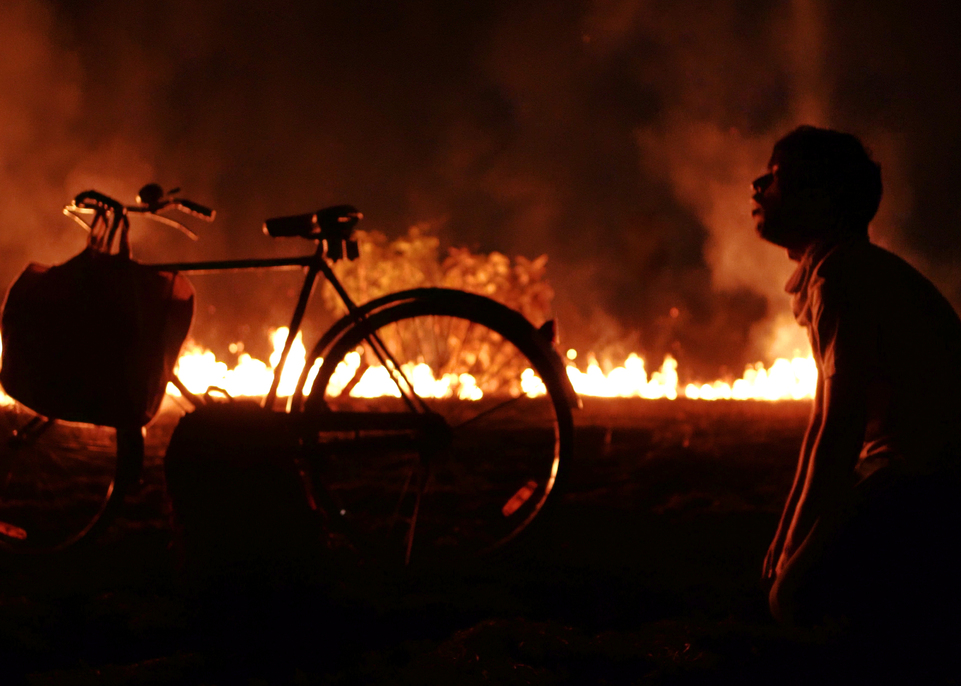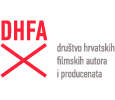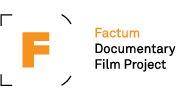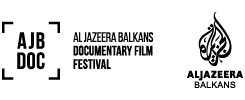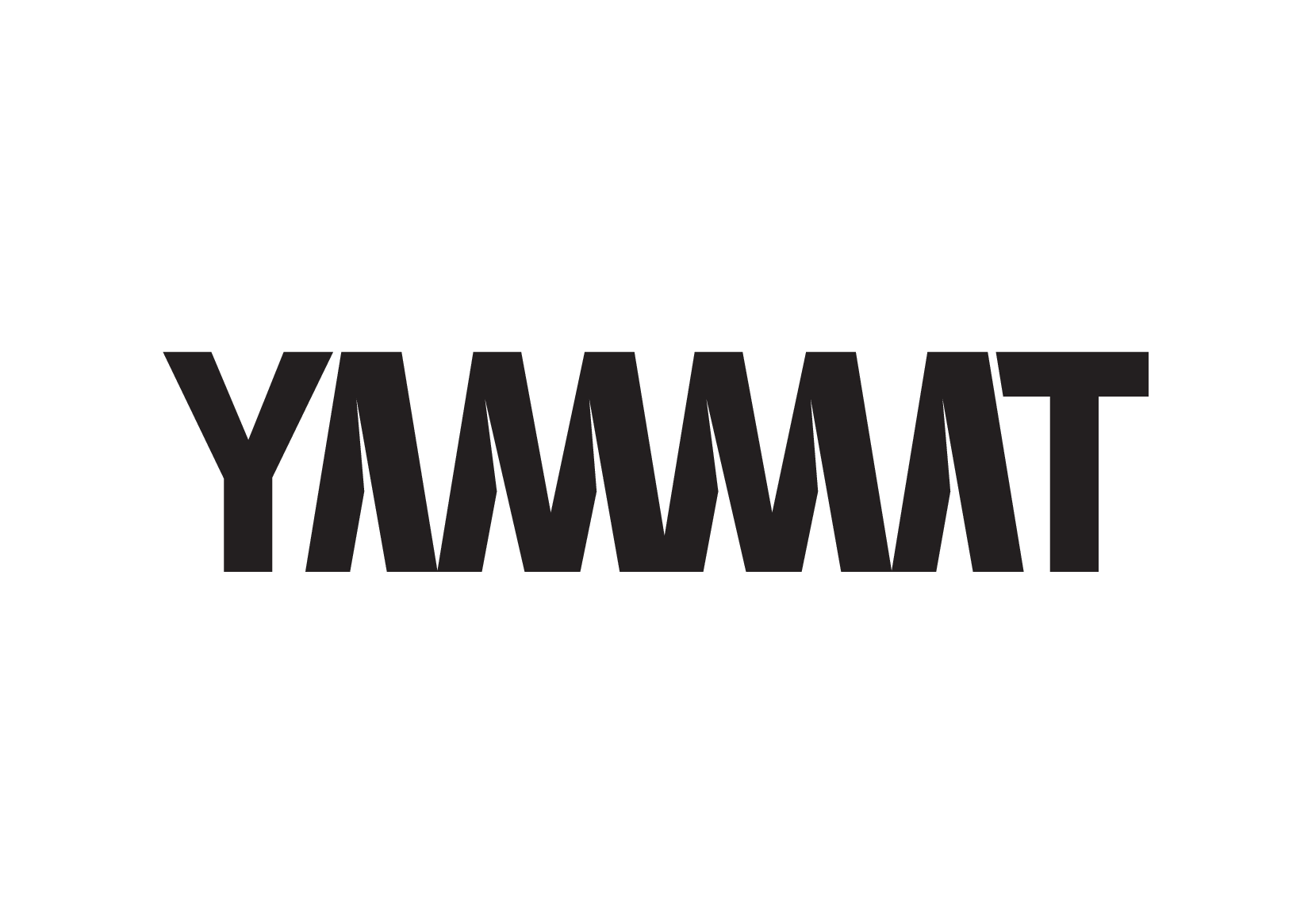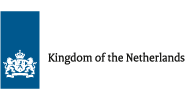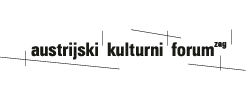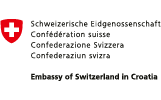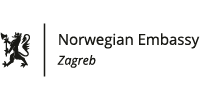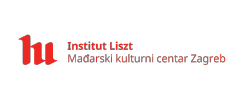Friday, Petak, Vendredi, Xīngqíwǔ.
4.4.2025.
Igor Mirković’s evening, the end of time and Peter Mettler’s masterclass, Croatian border pushback, Hamas’ prisoners, Sicilian women and a baby, Parisian psychiatry, a Ukrainian veteran and father, relived feelings of a Kurdish girl, film loving in the mountains of Azerbaijan.
Ahead of the start of the always particularly exciting and most audience-oriented festival weekend, Thursday at the 21st ZagrebDox was marked by shedding the light on the life and death of Josip Reihl-Kir in Ivan Ramljak’s new Factumentary, Franko Dujmić’s search for Lilac Street in a film about YU funk, and Twiggy and 90s indie rock could be heard, while ‘eyes melted’ with Peter Mettler’s trilogy, archival footage of Palestine, Herzog’s Fitzcarraldo and depictions of the flip side of modern tourism. The implications of the influence of artificial intelligence on documentary creation were discussed, as well as the possibilities of human rights film reaching audiences ranging from local communities to decision-makers.
Friday begins at 2 pm (theatre 2) with attractive and free-of-charge insights into a shocking activist performance directed against Adidas (Adidas Owns the Reality, dir. Keil Orion Troisi, Igor Vamos) and the existentialist cycling odyssey of a construction worker (Cyclemahesh, dir. Suhel Banerjee).
Next comes Dad’s Lullaby (3 pm, theatre 4) by Ukrainian director Lesia Diak from Regional Competition. Ostensibly a film about unspoken, but undoubtedly existing PTSD, Dad’s Lullaby, through the protagonist’s unusual act of turning the camera towards the director, opens up a space of vulnerability necessary for a dialogue about love and human relationships. The trust and empathy between the author and a war veteran, a father of three minor sons shattered by war experiences, evoke not only the lasting emotional damage of war, but also the healing power of storytelling and documentary. In International Competition, this father is simultaneously joined by a mother in the same war – Alisa Kovalenko in her film My Dear Théo (theatre 5).
At 3:30 pm in theatre 1, b.h. Yael once again sends a Letter to My Tribe, a valuable and also personal insight into the causes and consequences of Israeli-Palestinian intolerance. In parallel with the author’s guest appearance in theatre 3, Silent Trees (dir. Agnieszka Zwiefka) can be seen – a partly animated Teen Dox title from the Polish-Belarusian border where a Kurdish girl in exile has to take care of her younger brothers and father. She confides her greatest fears, such as deportation to Iran, and her hopes, such as a career as a European lawyer, in drawings with which she expresses and brings her feelings to life.
This will be followed by screenings of four selected titles from International Competition – The Spectacle and Chronicles of the Absurd (4 pm, theatre 2) about the downsides of tourist paradises, Home Game by Lidija Zelović (5 pm, theatre 4) about the borders between Bosnia and Herzegovina and The Netherlands in the author’s youth, family and mature life, and Afterwar by Birgitte Stærmose (5 pm, theatre 5) about the coming-of-age of young men from Prishtina. Lidija Zelović’s film is particularly often mentioned on the festival’s grapevine, so don’t miss experiencing its powerful emotional whirlwinds for yourself.
At 5:30 pm (theatre 1) The Golden Age by Camilla Iannetti (Regional Competition) presents the members of an unconventional Sicilian female family on the occasion of the birth of little Futura. Her single mother Lucy in England can rely on the short-term support of her mother and sister who arrive from Palermo, but together with them she must face her lack of economic and emotional independence. The young hope of Italian documentary filmmaking, Camilla Iannetti, will talk to the audience after the film.
One of the central (and free-of-charge) events of the 21st ZagrebDox is certainly the Igor Mirković Author’s Evening, which will be screened at 5:30 pm in theatre 3 with L.A. Unfinished (2008) – the story of the making of an oil on canvas by Lovro Artuković, who gathers twenty-two emigrants from the recently warring Balkan countries in Berlin to ‘sign a peace treaty’. The film about this therapeutic as well as artistic act was chosen by Diana Nenadić, who will talk to the renowned domestic documentarian and ‘proto-festivalist’ after the screening about his career that started from television through the Grožnjan Imaginary Academy into film, giving birth to modern classics such as New, New Time, Happy Child and Beautiful and Dear People.
The screening of the film-loving metafilm The Return of the Projectionist (d. Orkhan Aghazadeh, theatre 2, 6 pm) will be followed by a Q&A with the author, who the audience will be able to ask about his protagonist – a radio and television repairman from the Azerbaijani mountainous hinterland, a former projectionist who, after the death of his son, in partnership with a sixteen-year-old skilled in smartphone animation tools, wants to reunite the village in front of the screen.
Peter Mettler’s trilogy ends at 7 pm (theatre 4) with The End of Time. After epic journeys through the world’s wilderness, maestro Mettler turned to the theme of time with his 2012 film, attempting to film the unfilmable. From the particle accelerator at CERN, to the lava flow in Hawaii and the disintegration of downtown Detroit, to a Hindu funeral rite, Mettler explores the human understanding of the flow of time and dreams of the film of the future. The end of this year’s ZagrebDox ‘Mettleriana’ will be crowned by the masterclass Let Life Make This Film (5 pm, KIC), in which the winner of the Big Stamp for Lifetime Achievement will reflect on the hybrid form in his works and favourite themes of transcendence and the relationship between nature and technology. Along with clips and camera plans, he will also talk about the methods and strategies of spontaneous filmmaking that is simultaneously marked by discipline and structure.
At 7 pm in theatre 5, three titles from Regional Competition can be seen again – Renata Poljak’s new film dedicated to the sea, plankton and the young researcher This Is (for) the Sea, Nikola Ilić’s Exit through the Cuckoo’s Nest about an unwilling soldier and Judit Surányi’s Crips about a weekend at Lake Balaton for people with disabilities – all three marked by skilful stylisations.
At 7:30 pm in theatre 1, Mr. Nobody against Putin (dir. David Borenstein, Pasha Talankin), awarded the Special Jury Prize at the Sundance Festival, is the flagship of this year’s International Competition, which can now be seen in an ideal time slot. It is the story of a brave young teacher and amateur cinematographer from Karabash who dared to oppose the powerful propaganda, abusive and murderous machine and survive to tell it.
At the same time, in theatre 3, Holding Liat by Brandon Kramer is being shown – a Berlinale award-winning work about an Israeli-American woman and her husband, captured in October 2023 during the infamous Hamas attack. Between international diplomacy and an escalating war, their family faces their own insecurities and conflicting perspectives in the struggle for liberation.
At 8 pm, Nicole Vögele’s The Landscape and the Fury is another highlight of the festival circuit (the main jury prize at Visions du Réel), which shows the pushback of migrants from the Croatian border back into Bosnian nights, rains and snows, as well as the help provided by the residents of the village of Ravnice.
A rerun but central screening of the cheerful docs Street Light by Romain Dumont and My Swiss Army by Luka Popadić (9 pm, theatre 4) also includes a Q&A with the author of the latest, intriguing film about the second generation of immigrants in the Swiss military and the actual level of their integration.
At 9 pm (theatre 5), you can also see Renata Lučić’s new film A Year of Endless Days (Regional Competition), in which the author draws not only personal but also broader social conclusions from a visit to her father, and also creates some shots of anthological beauty.
Friday ends at 9:30 pm with a new screening of Alex Ross Perry’s film about the cult indie rock band Pavements (theatre 1), as well as Nicolas Philibert’s work At Averroès & Rosa Parks about Parisian psychiatric clinics. This is the second part of a triptych about adult mental health, the beginning of which was decorated with a Golden Bear, and presents an approach based on the rehabilitation of patients’ words.
Alongside Peter Mettler’s masterclass, ZagrebDoXXL today brings the panel Audio Dox – Listen to Understand in which Agnieszka Czyżewska Jacquemet, Daniel Kupšovský, Liam O’Brien, Nicole Terborg and Olivia Humphreys talk to award-winning radio journalist Ljubica Letinić (book&zvook audiobook) about their audio works that cover diverse but equally relevant topics – from generational stereotypes, through the culture of lies and the mechanics of power, to the past and present of migrants. We will find out how they create sophisticated soundscapes and how to achieve a balance between accurately conveying facts on the one hand and building atmosphere and encouraging emotional involvement of the listener on the other.
Speaking of audio doxes, today in this new ZagrebDox segment, listen to The Woman and the Monument by Agnieszka Czyżewska Jacquemet about a lady who opposes the construction of monuments, which are actually mechanisms of power, and raises questions of honesty, the rule of law, a sense of democracy, dignity and courage.

